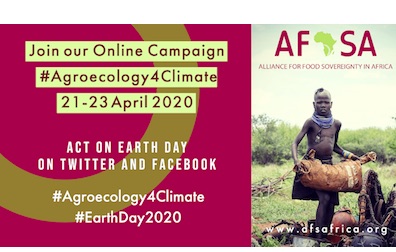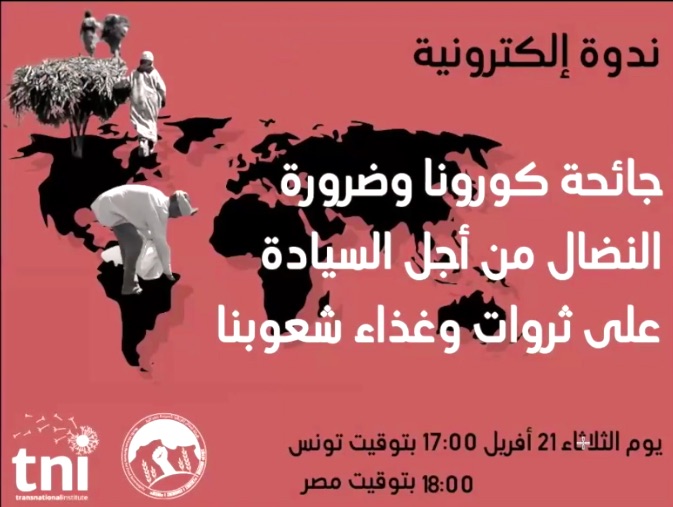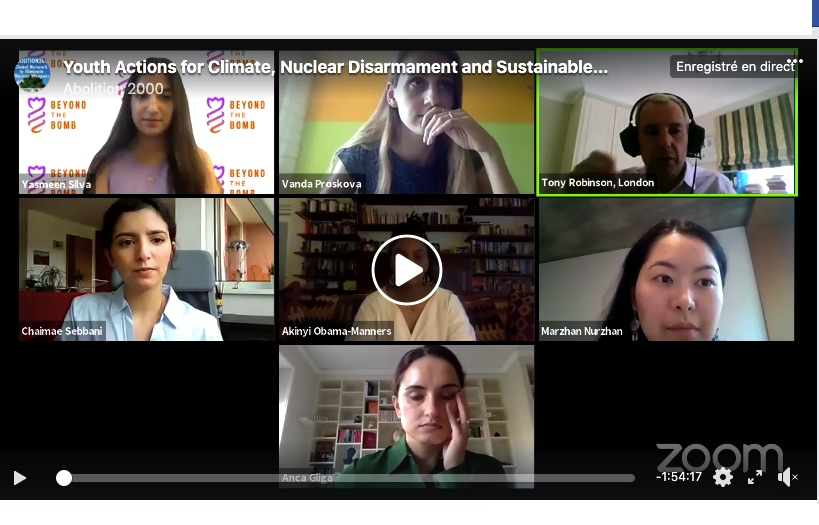. . SUSTAINABLE DEVELOPMENT . .
A press release by Alastair Lee Bitsóí at Utah Diné Bikéyah
As the spread of the coronavirus continues to impact Indigenous communities and disrupt the global supply chain, a “Seeds and Sheep” program launched by Utah Diné Bikéyah’s Traditional Foods Program will help offset this need by empowering Ute and Diné citizens in San Juan County [Utah] to grow their own foods this spring for the months ahead.

The need for the “Seeds and Sheep” program comes at a time when the coronavirus, which causes COVID-19, continues to impact the Four Corners region. In the Navajo Nation, for example, the incident cases of COVID-19 continues to increase with approximately 2,654 positive COVID-19 cases and 85 deaths, as of Thursday. In San Juan County, the incident cases continue to climb, with 119 positive COVID-19 cases with 12 hospitalizations and two deaths, according to the San Juan Record.
“The stars, sun and clouds are yearning for our people to place seeds in the soil to rehydrate our relationship with Earth as we restore holistic health and balance during this challenging time,” says Cynthia Wilson (Diné), UDB’s Traditional Foods Program Director. “We are sourcing drought resilient seeds adaptable to the Four Corners region to gift to Native families willing to establish self-sufficient food systems as cultural solutions to overcome this pandemic.”
In spite of this plight, UDB board and staff remain hopeful and committed to the various Indigenous communities it serves. For the past seven weeks, UDB has been working closely with Bluff Area Mutual Aid (BAMA) and the Rural Utah Project to provide over 600 families in San Juan County with emergency food relief.
(Article continued on right side of page)
How can we work together to overcome this medical and economic crisis?
(article continued from left side of page)
We have received generous donations from Salt Lake City Area COVID-19 Mutual Aid ($10,000+ in donated goods); Cherokee People (10,000 surgical masks); Lowes Hardware ($10,000+ in gardening supplies); CoalaTree (100 face masks); 7th Generation products ($10,000+ in cleaning supplies and product); The Nature Conservancy; the Redd Ranch (2,000 of ground beef); the Salt Lake Patagonia store (food);
Ardent Mills (½ ton of flour); Diné Farmers from Burnt Corn Valley; Pueblo seeds donated by the Traditional Native American Farmer’s Association; the several Indigenous varieties from Native Seeds Search; and Dirt2Table (40+ sacred plant seedlings). We have received over $20,000 in individual donations for COVID-19 relief efforts, which has been used to purchase bulk orders of food (through BAMA, SL Covid, and Pueblo COVID Relief) and the launch of the “Seeds and Sheep” program in San Juan County, Utah.
This past week, we also received support from the Clark family, brothers Ron and Cliff, and parents Vicky and Dennis and volunteers, who sourced and delivered water storage tanks to 65 families who have no running water in San Juan County. These 275-gallon drinking water tanks will allow our families to shelter in place within the second highest infected county in Utah. More water tanks are still needed for both drinking water and gardening this summer.
According to UDB Board Chairman Davis Filfred (Diné), the need to offer seeds as a source for food during this COVID-19 pandemic is needed more than ever. “Let’s go back to planting where everything is organic. We need to redo our ditches for irrigation and planting. We need to grow our own foods again like our ancestors,” Filfred says.
To receive seeds sourced from Native seed keepers, Wilson recommends interested Native Americans from the Southwest to take a quick survey to request seeds. The survey is an important tool to help the Traditional Foods Program learn to better serve community members. Thanks to Diné Farmers from Burnt Corn Valley, Pueblo seeds donated by the Traditional Native American Farmer’s Association, and the several Indigenous varieties from Native Seeds Search for their generosity of expanding seed sovereignty among our communities.
“Our spiritual leaders are also talking about the need to repair our relationship to the earth across all of humanity. Here at Utah Diné Bikéyah, our organization is supporting the elders who say, ‘It is time to plant corn, it’s time to pray for abundant food and wild game, and it is time to come together as a community to help each other,’ says Alastair Lee Bitsóí (Diné), communications director for UDB. “These are unprecedented times, and we are looking to the most knowledgeable land stewards in Utah to guide us forward.”








